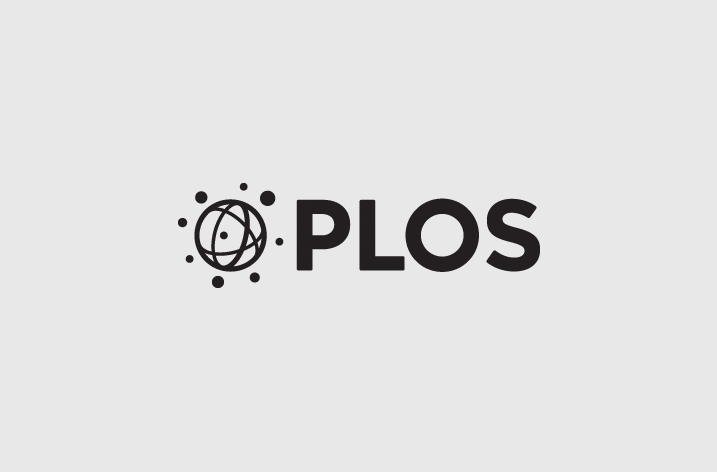
PLOS announced today the beginning of a new vision for PLOS BIOLOGY which builds upon its earlier successes and pushes boundaries even further to promote Open Science and excellence in publishing. From its launch in 2003, PLOS Biology quickly established itself as PLOS’ flagship journal–a model of Open Access and a catalyst for change in scholarly publishing as well as a leading publication for the life sciences. Today, we’re introducing changes to its scope and a new Editor-in-Chief, Nonia Pariente.
When the journal launched, Open Access was an experimental publishing option. PLOS Biology proved that being highly selective and Open Access were perfectly compatible, aligning all the benefits of immediate and global accessibility with impactful research. Our aim has always been to challenge the status quo in scientific communication in order to better meet researchers’ needs. With our past experience to guide us, PLOS Biology sets out to redefine what selectivity means with a framework that better aligns with the process of scientific inquiry itself, including:
- Redefined selectivity criteria which will emphasize the importance of the research question and the quality of its execution;
- A preregistration option offering peer review of the study design, with guaranteed publication of the final research article–regardless of the results–for accepted protocols;
- Introduction of two linked article types, Discovery Reports and Update Articles, which enable researchers to report on ongoing work as their research develops and new information becomes available.
Combined with the existing criteria around openness of research data, a preprint deposition workflow, and the option for authors to publish their peer review history, these changes are part of PLOS’ larger goals to transform scientific communication in a way that empowers researchers to choose Open Science.
























